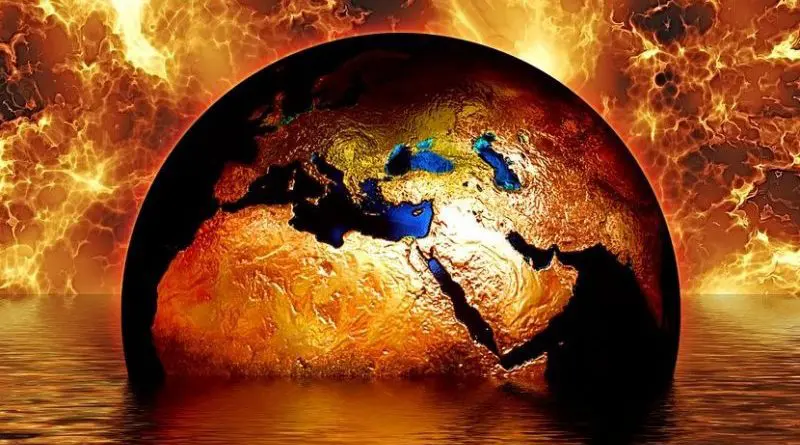Could Climate Change Be Much Worse Than We Ever Thought?
It comes as no surprise that global warming is having a very profound effect on Earth. But that global warming may eventually be twice as warm as originally predicted? This accelerated pace will take some getting used to.
A study in the peer-reviewed British journal ‘Nature Geoscience’ suggests that global warming could be twice as warm as current climate models predict. An international research team from 17 countries based their findings on 3 warm periods over the past 3.5 million years when the world was 0.5-2 °C warmer than the pre-industrial temperatures of the 19th century.
Trending in the wrong direction
“The changes we see today are much faster than anything encountered in Earth’s history,” study lead author Katrin Meissner of the University of New South Wales in Australia told ‘USA Today’. “In terms of rate of change, we are in uncharted waters.”
In December 2015, 195 countries adopted the Paris Agreement, the first-ever universal, legally binding global climate deal. It lays down a global action plan to avoid dangerous climate change by limiting global warming to well below 2 °C.
Just 2 °C of global warming can make all the difference
“Even with just 2 degrees of warming – and potentially just 1.5 degrees – significant impacts on the Earth system are profound,” study co-author Alan Mix, a scientist from Oregon State University in the United States, said in an interview in the American daily. “We can expect that sea-level rise could become unstoppable for millennia, impacting much of the world’s population, infrastructure and economic activity.”
The researchers found that the warming of the first two periods was caused by predictable changes in the Earth’s orbit. The third was the result of atmospheric CO2 concentrations that were 350-450 parts per million. Such concentrations are very similar to today’s. The team combined a wide range of measurements to work out the impact of climatic changes. These included ice cores, sediment layers, fossil records, dating using atomic isotopes and many other established palaeoclimate methods.
Together, these three periods provide strong evidence of how a warmer Earth would appear once the climate had stabilised. On the other hand, today our planet is warming much faster than any of these periods as CO2 emissions continue to grow thanks to human activity. Even if these emissions stopped today, it would take centuries to millennia to achieve balance.
Findings show that our current climate predictions may underestimate long-term warming by as much as a factor of two. Potential changes even at two degrees of warming were underestimated in climate models that focused on the near term. “Climate models appear to be trustworthy for small changes, such as for low-emission scenarios over short periods, say over the next few decades out to 2100,” Meissner said in an interview in the ‘Guardian’. “But as the change gets larger or more persistent … it appears they underestimate climate change.”
Can the Paris targets to curb global warming be enough to stop or even reverse the negative impact on Earth? If there isn’t a serious reduction in CO2 emissions, we won’t need studies to sound the alarm bells for our planet.
Cordis Source: Based on media reports

